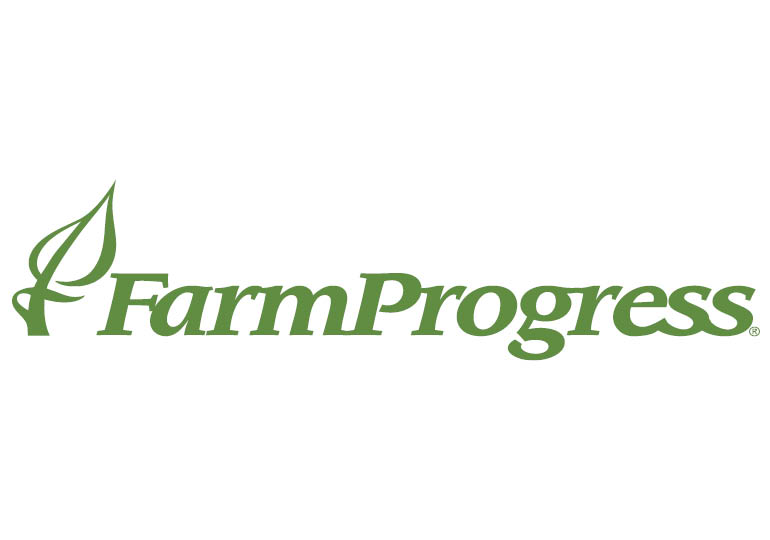Many farm families choose to use business entities for their farmland and farm operations. They may do this for liability protection and succession planning. When using entities, it is important to follow the Minnesota corporate farm laws found in Minnesota Statute Section 500.24.
Generally, the statute prohibits operating a farm or owning farmland in a corporation, limited liability company, pension or investment fund, trust or limited partnership. However, there are several exemptions.
The following are exempt from this statute:
-
Revocable trusts. (While the grantor or the grantor’s spouse are living and are the trust beneficiary.)
-
General partnerships.
- Limited liability partnerships. (This type of entity is not included as a prohibited entity in the statute.)
The statute provides for specific exemption for the following:
-
Family farm entities. Corporations, partnerships, limited liability companies are exempt if a majority of the owners or their spouses are related within a third degree of kinship; the owners are not corporations; and an owner is actively operating the farm or lives on the farm; or for limited partnerships and limited liability companies, one of the owners owned the land for five years before it was transferred to the entity.
-
Family farm trust. A trust is exempt when most of the beneficiaries or their spouses are related within a third degree of kinship, are natural persons, nonprofit corporations, or trusts described under IRC 170(c); a beneficiary must live on the land, operate the farm, or the trust leases the land to a family farm entity or an authorized entity; or the trust is a charitable trust described under IRC 664 or IRC 170(f).
-
Authorized entities. Corporations, limited partnerships and limited liability companies are exempt when the entity does not have more than five owners and all owners are natural persons; for a corporation or limited liability company, there can only be one class of ownership interest; for a limited partnership, the limited partners cannot participate in the business operation of the partnership; the entity does not own more than 1,500 acres of farmland, and the individual entity owners do not own more than 1,500 acres (including the land the entity owns); the owners who own 51% or more of the entity live on the land or are actively engaged in farming; and not more than 20% of the entity income can come from rent, royalties, dividends, interest or annuities.
To comply with this statute the entity is required to file a corporate farm report with the Minnesota Department of Agriculture and then continue to file a renewal annually.
This article appeared in the May 2023 issue of The Farmer magazine.


